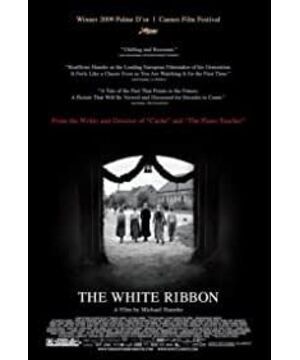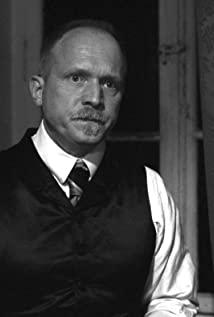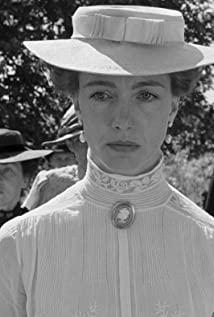The power of religion seems to be very strong. The pastor is always so solemn and solemn, but his eyes are bright, but he can't discipline his children, and he is even less able to understand their children's hearts. The people in the village, from the baron mayor, to the doctors, midwives, to the poor peasants who depend on the baron to survive, have serious faces, and even those children who should be naive have deadly expressions, and these are all superficial. Behind the sanctimonious appearance is moral decay, the prevalence of conspiracy, and the hidden murderous intentions. The doctor had an affair with the midwife and then disliked the fact that he molested his daughter; the daughter who was under the strict tutoring of the pastor had a deep mind, and many terrible child abuse incidents in the village pointed to her. The atmosphere of the whole play is depressing, just like the atmosphere that makes people restless and has to be suppressed before the storm. In fact, this depressed and terrifying atmosphere is the real protagonist of the story. The story is told in the tone of a teacher who is related to the village but does not belong to the village. The conspiracy and injury incidents shrouded the small village in terror, until the real culprit was not found in the end. The news of the outbreak of the incident came, and the story ended in the astonishment of the villagers. This village is like a microcosm of Europe, and the factors for the outbreak of war are buried in the depressing, gloomy and terrifying atmosphere of the village.
View more about The White Ribbon reviews











